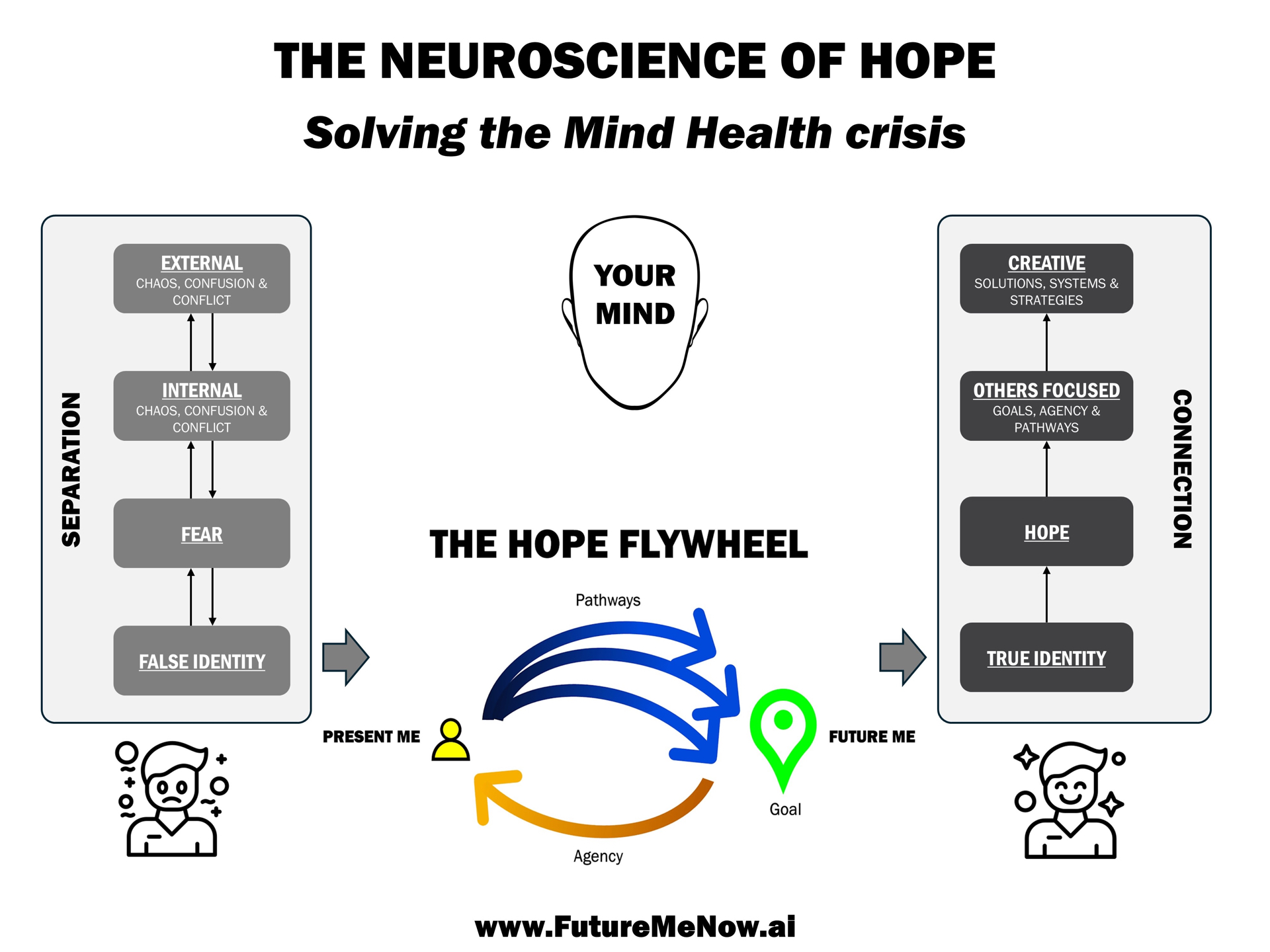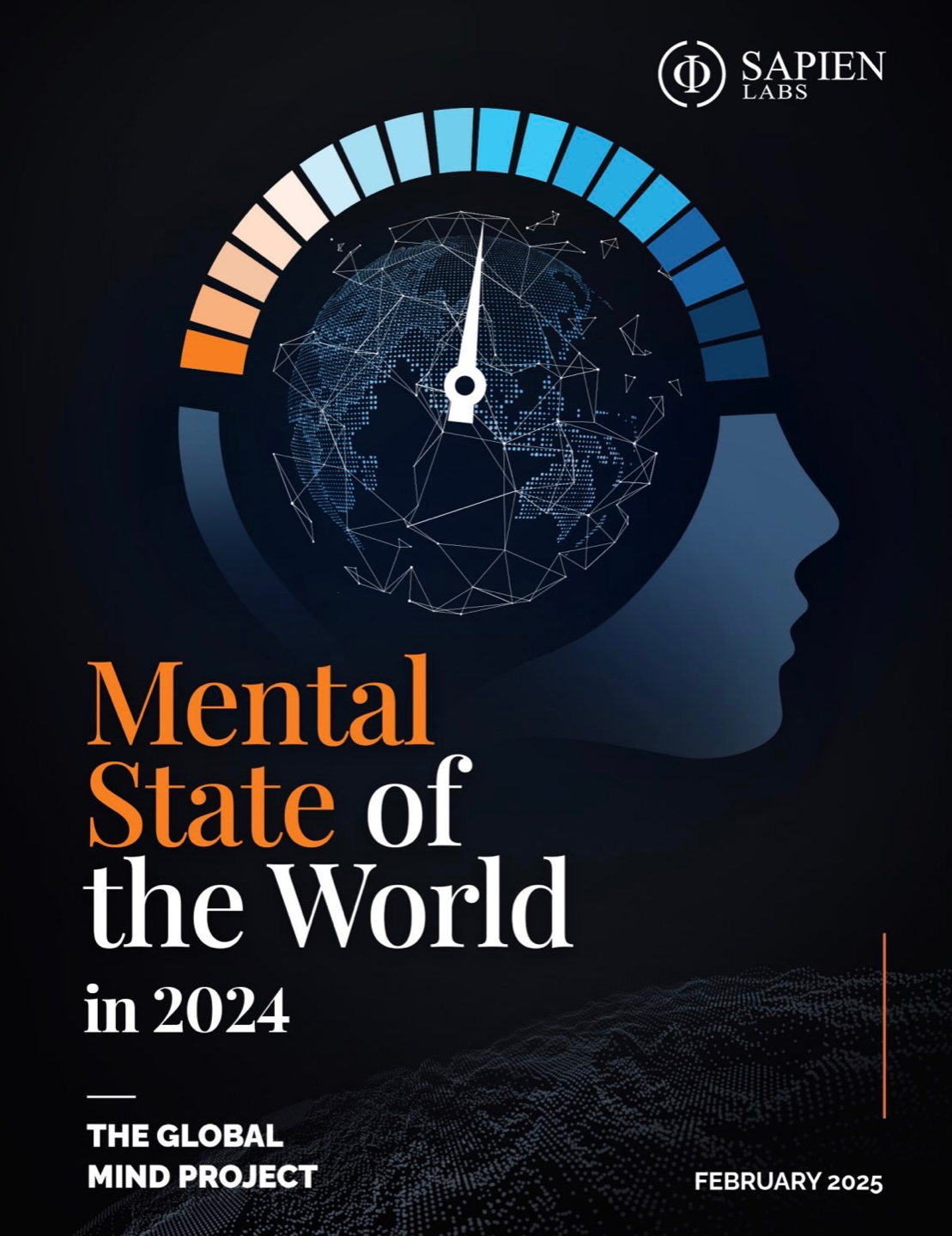Hope isn't wishful thinking. It's a measurable neurological advantage that directly impacts our performance, strategic thinking and results. People who understand and cultivate high hope as a strategic process outperform those trapped in separated world view brain patterns.
We've all faced what it feels like to have no hope in seemingly insurmountable situations. Everything feels overwhelming as waves of despair flow over you, threatening to take over your world.
But then something shifts. A spark of hope appears. It's small, but it's enough to make you take that first step forward. Your heart lifts, you begin to breathe and you take another step, and another.
That's the power of hope.
Hope also isn't just a fleeting emotion. Neuroscience reveals it's a dynamic, measurable process that profoundly influences the brain, body, and our overall wellbeing. In the business world, hope becomes a strategic advantage—the difference between leaders who thrive under pressure and those who get trapped in reactive separation patterns.
Conversely, the absence of hope or manifesting hopelessness or despair, can derail both mental and physical health, destroying creative thinking capacity and feed our victim mentality.








